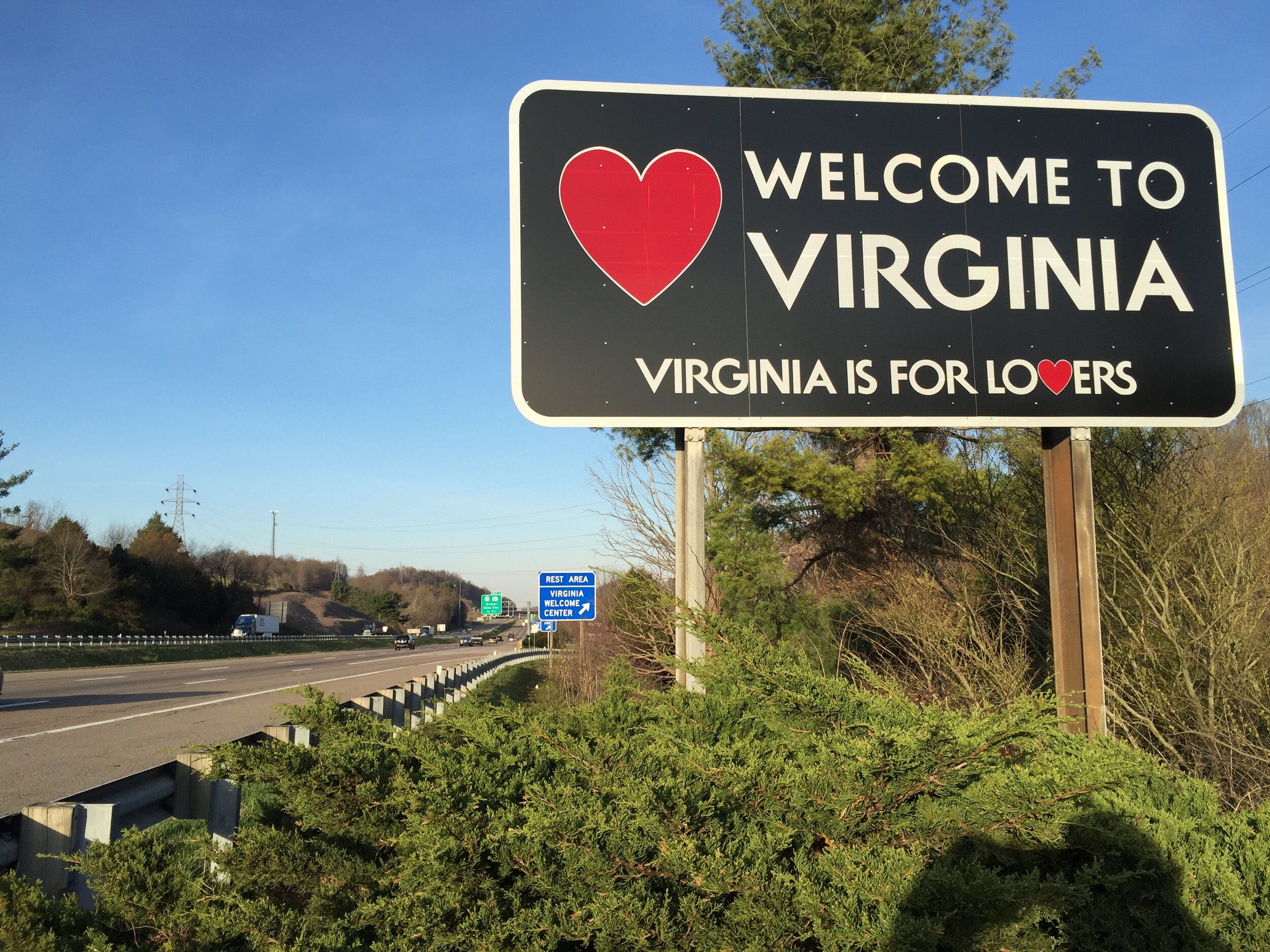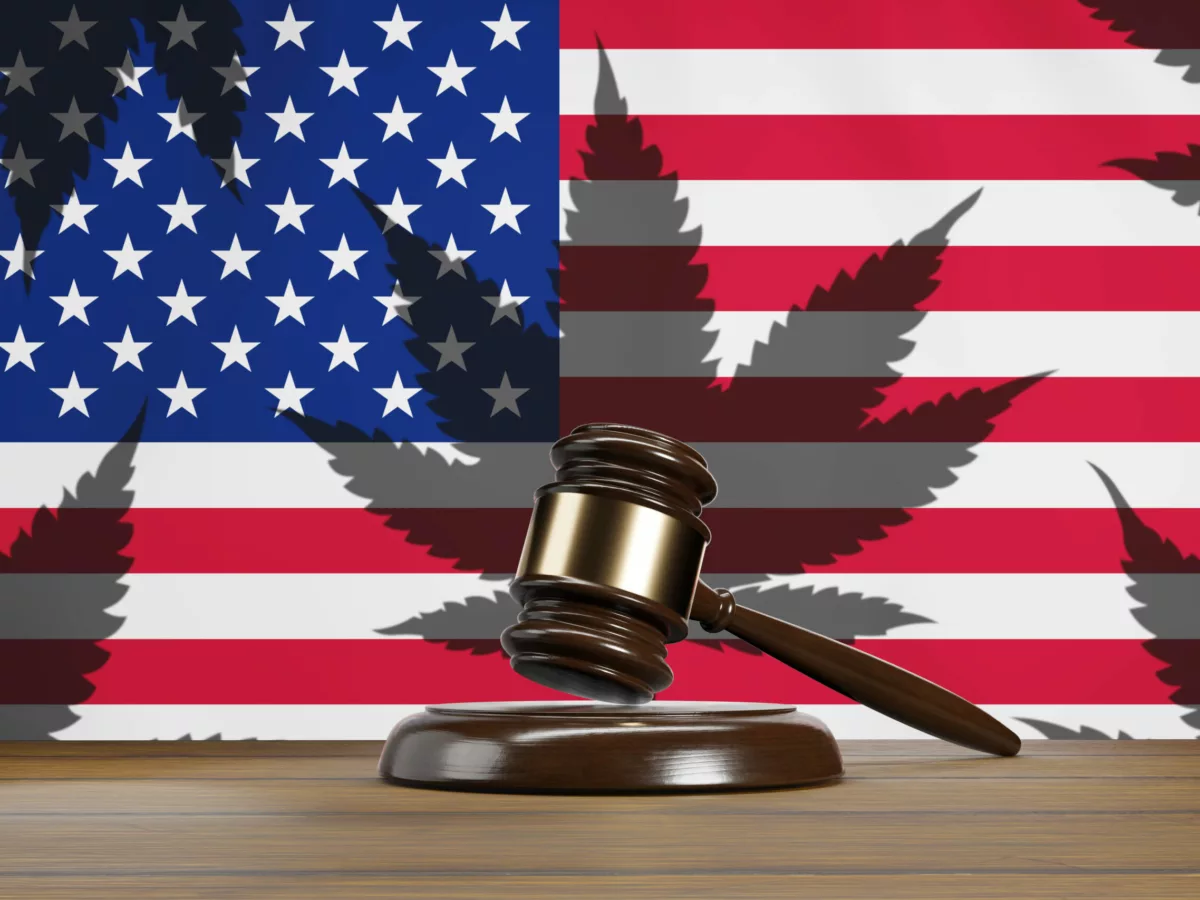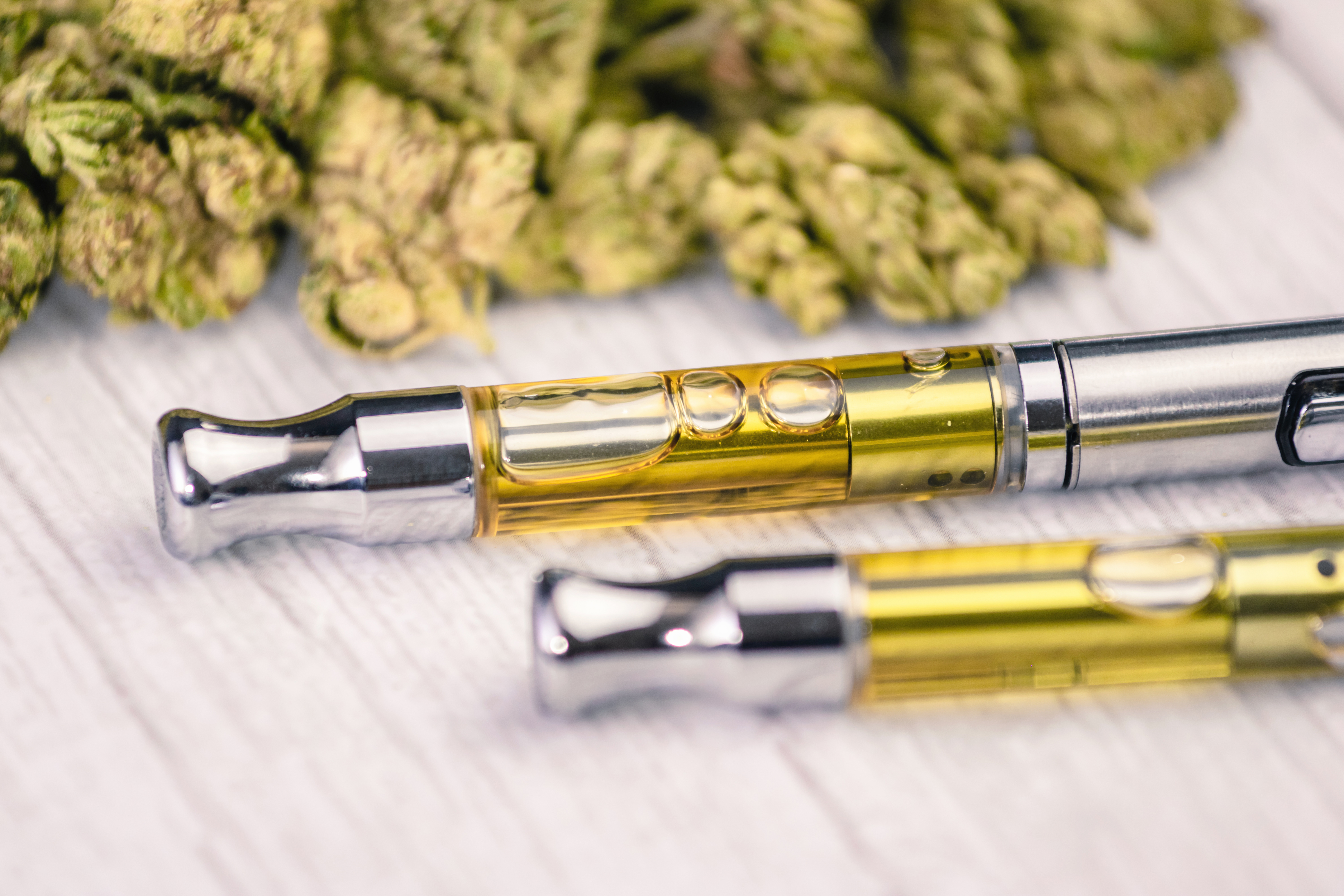Virginia is poised to be a top producer in the country for industrial hemp, but not all legislators and advocates are in agreement with the regulations needed to ensure its success.
In a letter sent on January 23, 2020, Senators Mark Warner and Tim Kaine urged the U.S. Department of Agriculture (USDA) to expedite its review of Virginia’s Plan to Regulate Hemp Production. Virginia Department of Agriculture and Consumer Services (VDACS) submitted the plan to regulate hemp production in Virginia on January 15, 2020. The USDA has 60 days to respond with VDACS continuing to administer hemp grower, dealer, and processor registration plans in the meantime.
Hemp is distinct from cannabis in its chemical makeup and usages. It offers a minuscule concentration of tetrahydrocannabinol (THC), but it is incapable of getting consumers high. The products made from hemp can be made into paper, fabric, food products, and building materials.
Warner and Kaine wrote that they are concerned that complications may arise for the state’s hemp program and producers if the plan is not processed in a timely manner. Since Virginia’s General Assembly is scheduled to adjourn in early March of 2020, the Senators believe that there is little time to address any potential deficiencies.
Industrial hemp is an “unprecedented opportunity” for the state’s producers, according to the Senators, who reported that over 1,200 growers registered in 2019 with the VDACS for approximately 2,200 acres of industrial hemp.
Eric Steenstra, president of grassroots nonprofit Vote Hemp, told The Outlaw Report that he sees Virginia as having good potential for the hemp industry: “I think it has some real potential to be a significant crop in the state over time.”
Steenstra believes that many changes need to be made in the regulations outlined in Warner’s and Kaine’s plan before the hemp production plan is made final. With the Senators adopting the Agricultural Improvement Act of 2018, otherwise known as the 2018 Farm Bill, they made a “mistake,” according to Steenstra, who instead prefers the regulations outlined in the Agricultural Act of 2014, otherwise known as the 2014 Farm Bill.
Both Warner and Kaine approved The Hemp Farming Act of 2018, a law whose provisions were incorporated into the 2018 Farm Bill. This bill removed hemp from the list of controlled substances and allowed hemp researchers to apply for federal grants from the USDA. Currently, there is an Interim Final Rule (IFR) that outlines provisions for the USDA to approve plans submitted by U.S. states and tribal nations for the domestic production of hemp.
Vote Hemp sent a letter on January 29, 2020 to the USDA that described IFR as “not a workable program” that would “do harm to farmers and the industry.”
In IFR, it tasks a USDA-approved sampling agent or law enforcement officer to test the THC level of a single plant sample when testing one acre or less. It also recommends collecting samples from only the top one-third of the plant, which tends to have the highest concentration of THC. Vote Hemp instead recommends testing samples from the top, middle, and bottom thirds of the plant for a more accurate reading of the THC concentration. A larger sample size should also be conducted, according to Vote Hemp who, in their letter, further recommend the USDA conduct or fund a study to develop a standard sampling measurement for hemp THC testing.
The IFR also only allows 15 days between sampling and harvest, which Vote Hemp deemed both “inadequate” and “unworkable” due to labor constraints, weather, and a lack of DEA-registered laboratories. Harvesting processes can take up to a month or longer. The recommendation instead is for the USDA to allow 45 days between sampling and harvest.
Final recommendations from Vote Hemp on IFR included allowing for cost-effective disposal methods for non-compliant hemp and creating a streamlined process to certify laboratories to handle hemp sampling analyses,
The National Association of State Departments of Agriculture (NASDA) submitted comments for improvements on the Interim Final Rule.
“We know at least 30 states will have to revise their own laws in order to comply with the requirements of the Rule,” NASDA President Barb Glenn said in a statement. “Without some flexibility, this could exacerbate competitive differences between the states and hamper growth of the national industry.”
NASDA made several recommendations, including setting the negligence threshold for THC from 0.5% to 1%, dropping the requirement for states to use a DEA-registered laboratory, allowing states to work with state law enforcement, instead of the DEA, to establish protocol for disposal of non-compliant materials.
The New York State Department of Agriculture and Markets released a statement that described IFR’s requirements as “costly” and “difficult to administer and comply with.”
States are able to delay implementing the program until October 31, 2020, and the USDA will not issue final regulations until November 1, 2021. The USDA will not provide grant funding to help states or tribal nations with implementing hemp programs, according to a statement by USDA Under Secretary Greg Ibach in an interview with Cannabis Wire.
The comment period for IFR ended January 29, 2020 with more than 2,000 comments collected by the USDA.
In September of 2019, Warner and Kaine successfully secured the state’s inclusion in a pilot program to develop a hemp crop insurance program. This allows producers to better protect their crops, while the data collected from the producers will offer benefits to growers and processors across the U.S. Developing the insurance program is private company AgriLogic Consulting.
To implement Virginia’s Hemp Production Program, the Senators also backed a spending bill in December 2019 to provide $16.5 million in funding. An additional $2 million was provided for the FDA to research and develop policies on CBD.
The Outlaw Report reached out to both Kaine and Warner for a statement, but the request was declined.
The recent letter to the USDA can be found here and embedded below.
Letter to the USDA From Mark Warner and Tim Kaine by Michelle Goldchain on Scribd
Photo via Famartin [CC BY-SA]
Correction: A previous version of this article incorrectly stated that NASDA took issue with the 2018 Farm Bill. This version has been corrected to state that the organization submitted comments for improvements on the Interim Final Rule.






